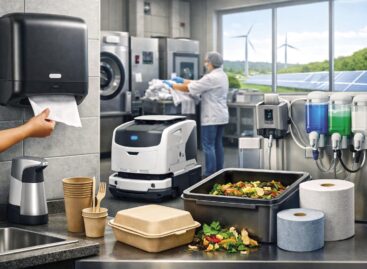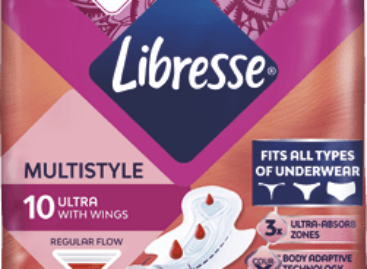Intimate hygiene: only comfortably!
According to NIQ data, the total menstruation product market grew in both value and volume, from 2021 to 2022.
This article is available for reading in Trade magazin 2023/6-7.
Eszter Hegedűs, senior brand manager of Essity Hungary Kft.:
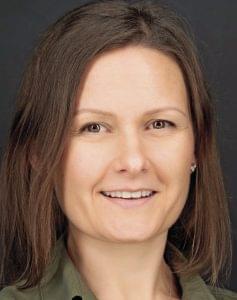
Eszter Hegedűs
senior brand manager
Essity Hungary
“Sales of incontinence products have been growing by double-digit numbers for years, in terms of value and volume alike. This has to do with both the aging of the society and the educational activities of the TENA Lady brand”.
Almost half of intimate hygiene product sales are realised by drugstores, which improved their positions further, and online sales also strengthened a little.
Innovations in the spirit of comfort
Sales of Essity Hungary Kft.’s Libresse brand increased in 2022, and the brand’s market positions also got better. Sales of TENA Lady products increased above the market average.
Izabella Kowalska, category manager of Essity Hungary Kft.:

Izabella Kowalska
category manager
Essity Hungary
“With the Libresse brand the company focuses on the night segment. This year brings the renewal of Libresse pantyliners, which get the same adaptive Cour-V technology as sanitary pads did”.
Loyalty is important, but price matters even more
Inflation had an impact on all consumers, irrespective of the size of their incomes. Since product performance is the top priority in this category, shoppers are loyal to brands and products. This is also indicted by the fact that large-sized product variants have become much more popular.
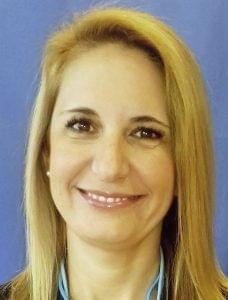
Yvette Krubl
corporate communications manager, CEE
Procter&Gamble
Yvette Krubl, Procter&Gamble’s corporate communications manager in Central and Eastern Europe:
“What we see is that shoppers are more sensitive to promotions than before, trying to purchase the products they already know and like with a price discount. What they primarily want from products is maximum safety and comfort”.
Sustainability goals
From the Procter&Gamble portfolio Always Ultra sanitary pads are as popular as ever, just like Tampax tampons are among women who make no compromises in hygiene. Women are more and more open to trying applicator tampons. On milder days they choose Naturella sanitary pads, or Discreet and Always pantyliners. Procter&Gamble now uses a new system of symbols on product packaging, so that women can find the product they need more easily. The plastic-free version of Tampax and the paper box packaging of Always products are more sustainable in every respect than their earlier variants. Naturella products have been revamped both inside and outside. //
Branded products dominate, but private labels are strengthening
Combined sales of sanitary pads, pantyliners and tampons grew by 20% and went above HUF 24bn between March 2022 and February 2023 – reported NIQ (formerly Nielsen IQ).
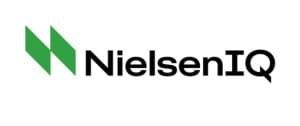
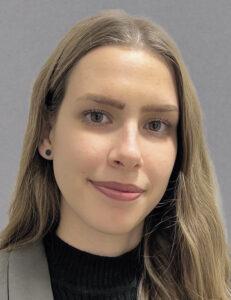
Guest writer:
Zsófia Horváth
junior analytic insights associate
NielsenIQ
Drugstores were the most important sales channel, and in general we can say that the category is going in the direction of larger, more economical products. Tampons became 25% more expensive on average, shoppers had to pay 22% more for sanitary pads, and the price of pantyliners increased by 20%. Sanitary pad: sales represented a value of more than HUF 11bn, having increased by 20%. However, volume sales stagnated in the category. Branded products had an 88% market share, but sales of private labels grew more dynamically, by 32% in value and 7% in volume on a year on year basis.
Tampon: value sales exceeded HUF 6bn in the examined period due to a 22% growth, while volume sales edged up 2%. Branded products made up for 87% of the market in value, but sales of these only grew by 1%, while private label sales hiked 5%. Pantyliner: sales augmented by 18% in value and 2% in volume to go above HUF 6bn. The market share of branded products was 78% in value. Value sales of branded pantyliners increased by 15%, but those of private label products jumped 30% in comparison with the base period. //
Related news
Hygiene on new foundations
🎧 Hallgasd a cikket: Lejátszás Szünet Folytatás Leállítás Nyelv: Auto…
Read more >Related news
High-value shopping basket and more conscious shoppers: growing demand for domestic and healthy products
🎧 Hallgasd a cikket: Lejátszás Szünet Folytatás Leállítás Nyelv: Auto…
Read more >


